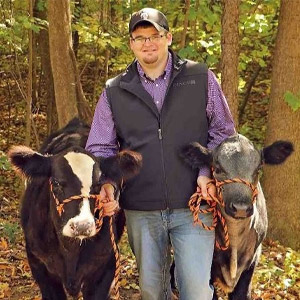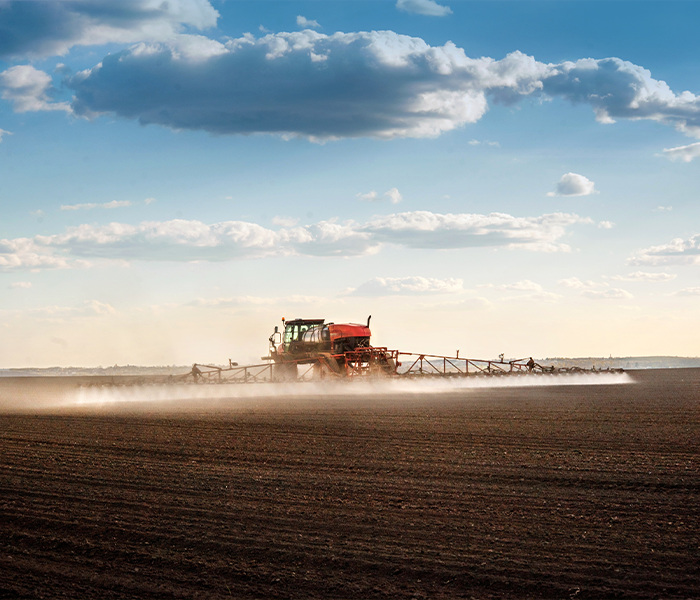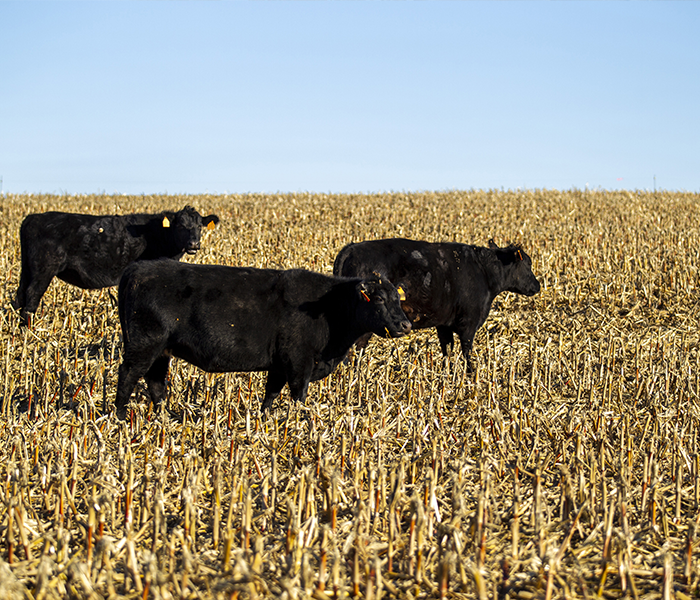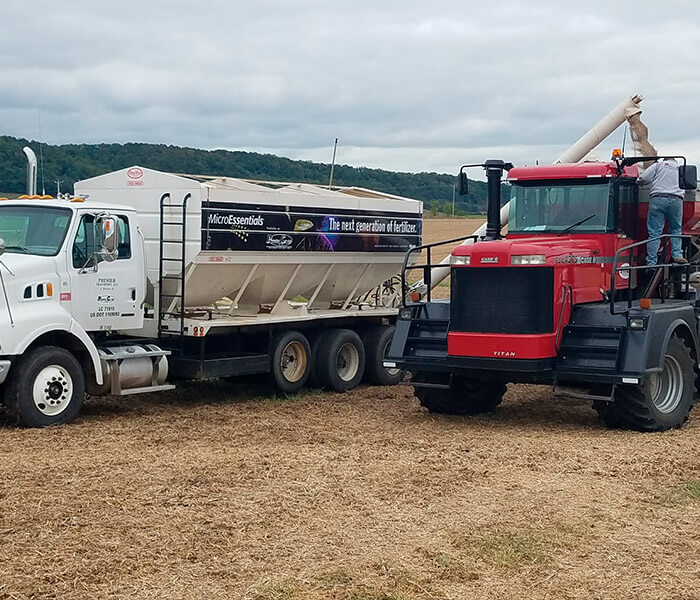October Prime Tips
Harvest is in full swing and soon mother nature will be presenting us with colder temperatures and the white stuff we all have grown to have a love-hate relationship with as livestock producers. With these changes also comes a change in how we manage our beef cattle, transitioning from stored pasture forage to perhaps grazing of corn fodder to feeding of stored feeds.
With many changes in front of us, I need to ask you two questions:
- Have you body conditioned scored cows?
- Do you know what quality your stored forage is?
Basic brood cow nutrition is based on crude protein and energy requirements of the cow. If there is a general understanding of the quality of the forage you will be feeding, you may determine whether or not supplementation will be necessary with the help of a Premier nutritionist.
Typically, poor quality stockpiled forage in pastures or corn fodder are lower in protein and will require some basic protein supplementation. This is usually done through the use of free choice protein tubs or other hand fed protein byproducts. Supplementation of protein during these times will provide nutrients for the rumen microbes to digest these poorer quality forages and maintain a healthy rumen environment. One quick assessment of the needs of protein is to do fecal scoring, if feces are “horse apple” appearing, cattle are lacking the necessary protein, and as forage quality (protein) increases the manure will become softer/ looser.
A secondary approach to supplementation is to offer energy in the form of Purina AR Hi-Fat tubs. These tubs contain 10% fat and regulate intake through the use of Purina Accuration technology. Utilization of these tubs can be a secondary factor in determining forage quality. As forage quality decreases, intake will increase and vice versa as the cow regulates her energy intake. Not only does this tub give the cows energy but also contains 20% protein to help feed the rumen microbiome when consuming lower quality forage. Producers have seen a 10-15% reduction in hay usage by utilizing Purina AR Hi-Fat tubs through the winter.
Now is the opportunity to reach out to your local Premier nutritionist to sample your stored forage and develop a program that will meet the needs of your cows to ensure a successful 2022 calving season. Supplementation through tubs can be done with minimal effort and produce a great return, and NOW is the time to book these great products!

Chris Blank
Purina Animal Nutrition




